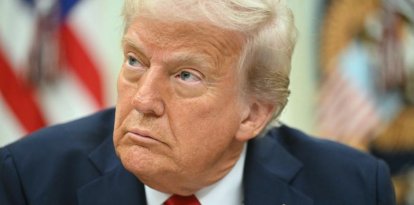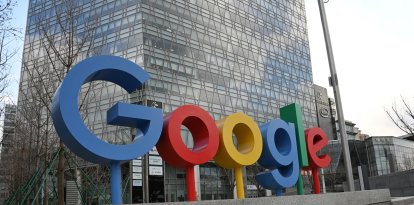Lawyers' association files lawsuit against Biden plan to forgive college debt
The Pacific Legal Foundation denounces Biden's measure as illegal and even unconstitutional.

Unsplash
Illegal and even unconstitutional. This is how the Pacific Legal Foundation rates President Joe Biden' s plan to forgive college loan debt. The bar association also filed a temporary order to prevent the initiative from taking effect.
Speaking to Reason, PLF attorneyCaleb Kruckenberg expressed his outrage:
Garrison v. U.S. Department of Education
This lawsuit was filed by Frank Garrison, also a member of the foundation. Garrison turned to federal college loans to help pay for college. For him, Biden's proposal represents an added cost in the form of a state tax. So far, the attorney is reducing his debt under the Public Service Loan Forgiveness (PSLF) program. This is a federal initiative for federal loan recipients who perform public service in nonprofit organizations. Those who enter the program must make a certain number of payments and meet certain income requirements. Under these conditions, the PSLF forgives the remainder of the debt.
Although Biden's plan does not include taxation of the new aid, at least six states are considering doing so, considering it as income: Indiana (where Garrison lives), Wisconsin, North Carolina, Minnesota, Mississippi and Arkansas. Starting in October, the President's bill will provide between $10,000 and $20,000 to some eight million students eligible for the waiver whose data is already in the hands of the Department of Education, including Garrison. The latter "did not ask for cancellation, does not want it, and has no way to opt out of it." Hence the demand.
"Making laws through the press".
Kruckenberg notes in his analysis that the Administration's "making laws through the press threatens to leave dozens of thousands of people stuck with a tax bill on the money that (students) will never see in states like Indiana, where it will (also) be taxed as income." PLF insists that Biden has violated both the Constitution and the Administrative Procedure Act, which gives Congress, not the president, the power to make new rules.
However, the Biden Administration assured that it can unilaterally forgive university loan debts without consulting Congress. Biden refers to the Higher Education Opportunity for Student Relief Opportunities for Higher Education, or HEROES Act, of 2003. This rule allows the president some ability to cancel or postpone repayment of loans to university students during national emergencies. According to Biden, the COVID-19 pandemic should be viewed as a national emergency - even though he has just declared it officially "over."
Can Biden's plan be justified as direct action in the face of the pandemic?
Cristopher Schroeder, Deputy Attorney General of the Government Legal Counsel's Office, made this statement:
Pelosi in July: The president "does not have that power."
PLF Lawyers point out that the damages sought to be eased by the initiative are not a "direct result" of a "national emergency" as required by the HEROES Act. "To the extent that the law can justify condonation, the substantial question doctrine requires clear congressional authorization for economically and politically significant action, which does not exist in this case," the suit states.
Justice will be the final word on an initiative that is generating a great debate in U.S. society. And not just along political lines: House Speaker Nancy Pelosi, a Democrat, noted last July that Biden "doesn't have that power."
RECOMMENDATION





















